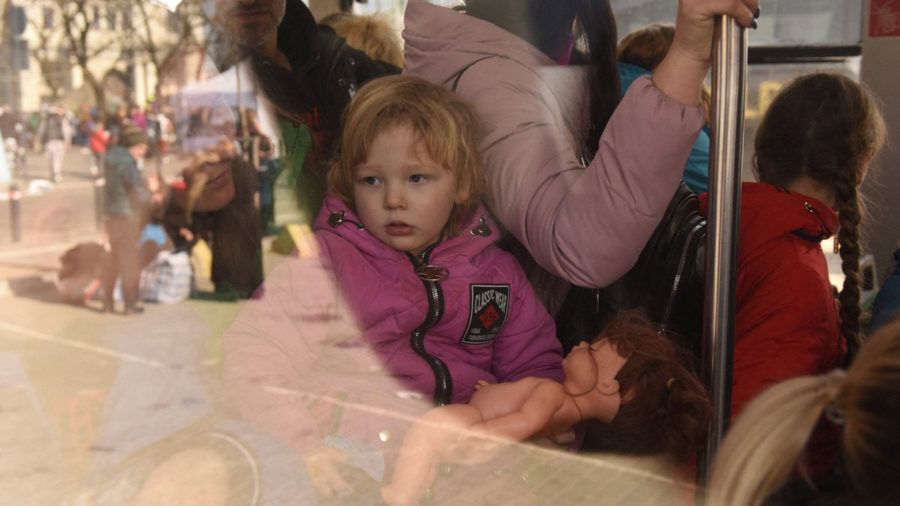ZMINA and UN hold meeting on abductions of Ukrainians by Russians
On September 22, Human Rights Centre ZMINA held an online meeting with members of the UN Working Group on Enforced or Involuntary Disappearances to discuss the enforced disappearances of Ukrainians committed by the Russians.
 Illustrative photo / AFP
Illustrative photo / AFPRepresentatives of ZMINA — Tetiana Pechonchyk, Borys Petruniok and Oleh Hnatiuk — talked about their activities in the field of documenting cases of enforced disappearances and torture of active citizens in the territories occupied by Russia.
In particular, ZMINA research analyst Borys Petruniok noted that the majority of documented cases of abductions may amount to crimes against humanity because these actions of the Russian military are systematic, interconnected and carried out within the framework of a single plan, coordinated by the top military leadership and had a common political goal.
The head of the organization, Tetiana Pechonchyk, emphasized that ZMINA published many analytical materials on this topic, in particular, the report on the enforced disappearances of active citizens in the territories occupied by the Russian Federation, and also, at the request of the UN, prepared two analytical reports on the use of the latest technologies by the occupiers during the abduction of citizens and on what counts as short-term enforced disappearances. The UN took note of ZMINA’s position.
ZMINA project manager Oleh Hnatiuk underscored the importance of implementing the provisions of the Istanbul Protocol into national legislation to effectively investigate the cases of torture of citizens abducted and held in Russian captivity.
In addition, ZMINA experts urged the Working Group to use its mandate to influence the Russian Federation in the issue of the release of civilian hostages.
Background: The Working Group on Enforced or Involuntary Disappearances is one of the thematic special procedures overseen by the United Nations Human Rights Council. Its central purpose is to help the relatives of disappeared persons ascertain the whereabouts of their disappeared family members.
If you have found a spelling error, please, notify us by selecting that text and pressing Ctrl+Enter.















